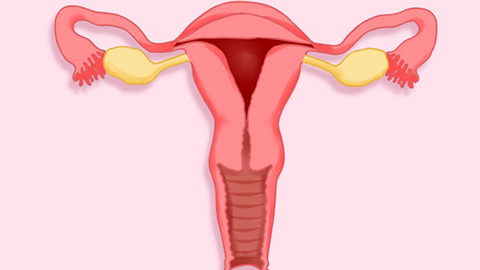Is endometrial simple hyperplasia serious?
Generally speaking, the severity of simple endometrial hyperplasia needs to be determined based on specific circumstances. It is recommended to seek timely medical consultation, identify the cause, and undergo symptomatic treatment under a doctor's guidance. Detailed analysis is as follows:

Simple endometrial hyperplasia usually refers to abnormal thickening of the endometrium in the absence of malignancy. If the hyperplasia is caused by hormonal fluctuations and no other abnormal symptoms, such as irregular bleeding or pain, are present, it may not be considered severe. In such cases, doctors may recommend regular monitoring rather than immediate treatment.
Although simple endometrial hyperplasia itself is not serious, if left untreated or improperly managed over a long period, it may progress to complex hyperplasia, thereby increasing the risk of cancerous changes. Additionally, if patients experience persistent bleeding or postmenopausal bleeding, this may also indicate worsening of the condition, requiring prompt medical attention to rule out the possibility of malignancy.
During and after treatment, patients should undergo regular follow-up examinations to monitor changes in the endometrium and prevent disease progression or recurrence.




